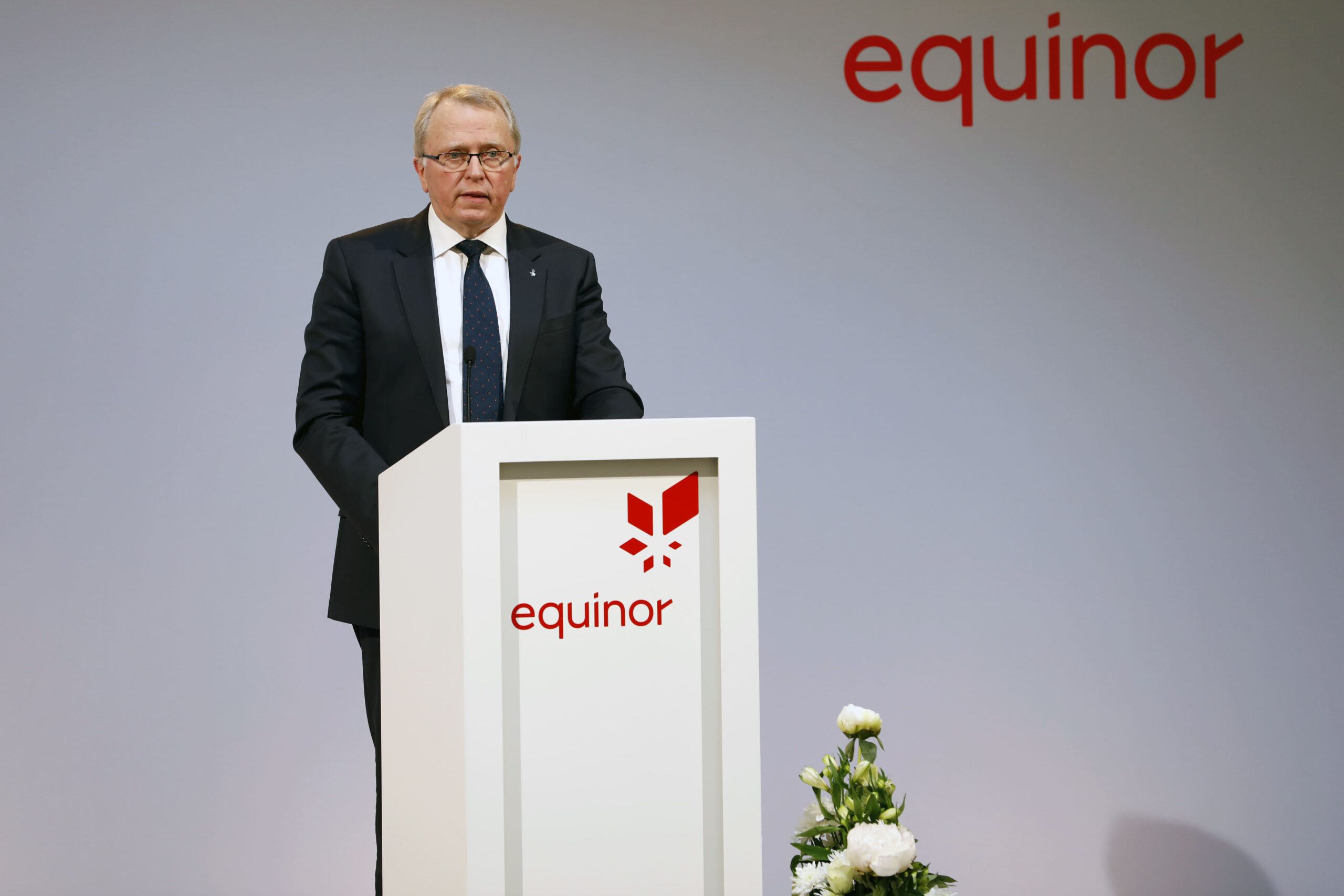
Norwegian state-owned energy company Equinor has announced its intention to build a large environmentally-friendly “blue” hydrogen facility in Hull, UK. The company has not said how much it plans to invest.
The company’s Hydrogen to Humber Saltend project (H2H Saltend) will produce hydrogen from natural gas, using carbon capture, utilisation and storage (CCUS) facilities to eliminate carbon dioxide (CO₂) emissions.
The plans would make the plant the largest in the world to use CCUS with a 600MW auto thermal reformer, used to make hydrogen from natural gas. Using natural gas to make hydrogen normally produces CO₂, but capturing the emissions gives the produced hydrogen its blue label. Conversely, hydrolysis of water produces green hydrogen.
Equinor plans to build the plant on the Saltend Chemicals Park, making the produced hydrogen available to nearby industries. Some will go to the nearby natural gas power plant, which will convert to run on a mix of 30% hydrogen. This will improve overall carbon emissions of the park by 900,000 tonnes per year.
Equinor said the plant could later upgrade to powering a “large-scale hydrogen network”, including transport and storage of CO₂.
The plant will use CCUS facilities developed by the Zero Carbon Humber Alliance. The alliance is a consortium of Equinor, British power supplier Drax Group, and transmission network National Grid. They aim to develop a zero-carbon industrial cluster using CCS
The plant will be part of a bid for UK government co-funding, launched on 23 June. If this is successful, the company will make its final investment decision in 2023. The plant would then first operate in 2026.
Executive give their thoughts on the hydrogen plant
Equinor executive vice president for marketing, midstream and processing Irene Rummelhoff said: “With private and public investment and supportive UK policy, the H2H Saltend project will demonstrate the potential of these technologies. Together we can make the Humber and the UK a world-leading example that others can learn from.”
The PX Group operates and owns the Saltend park. CEO Geoff Holmes said: “The group is delighted to be supporting H2H Saltend, a landmark project for UK energy transition. We are fully committed to helping industry reach net zero and both CCS and hydrogen will play a huge part in that.”
Equinor executive vice president and UK manager Al Cook said: “As the UK’s leading supplier of energy, we’re proud of the role our natural gas and offshore wind has played in reducing carbon emissions in power. Now we want to go further by bringing hydrogen to the Humber region. With our partners, we plan to transform the UK’s largest industrial cluster into its greenest cluster.”
The background to European hydrogen and UK carbon capture
The UK Government pledged funds for CCS development in its annual budget announcement in March. Chancellor Rishi Sunak announced $995m (£800m) to support carbon capture schemes across the country, namechecking the Humberside project.
In the UK House of Commons today, Prime Minister Boris Johnson was asked if he would commit to running new buses on hydrogen. He did not directly address the issue but did reinforce his support for hydrogen power.
The EU has given significant backing to hydrogen technology in its green recovery stimulus. The funding will ensure hydrogen technology and research expands. Germany currently has public transport and goods vehicles running on hydrogen fuel cells and China has many in production.
Critics have said many countries do not currently have facilities to transport or use hydrogen, and that the plan denies funding to several other renewable energy sources. Equinor was among more than 30 industry groups calling for the funding to be “technology-neutral”, meaning it would not favour one solution over another. However, the funding has increased interest in the already growing industry.



